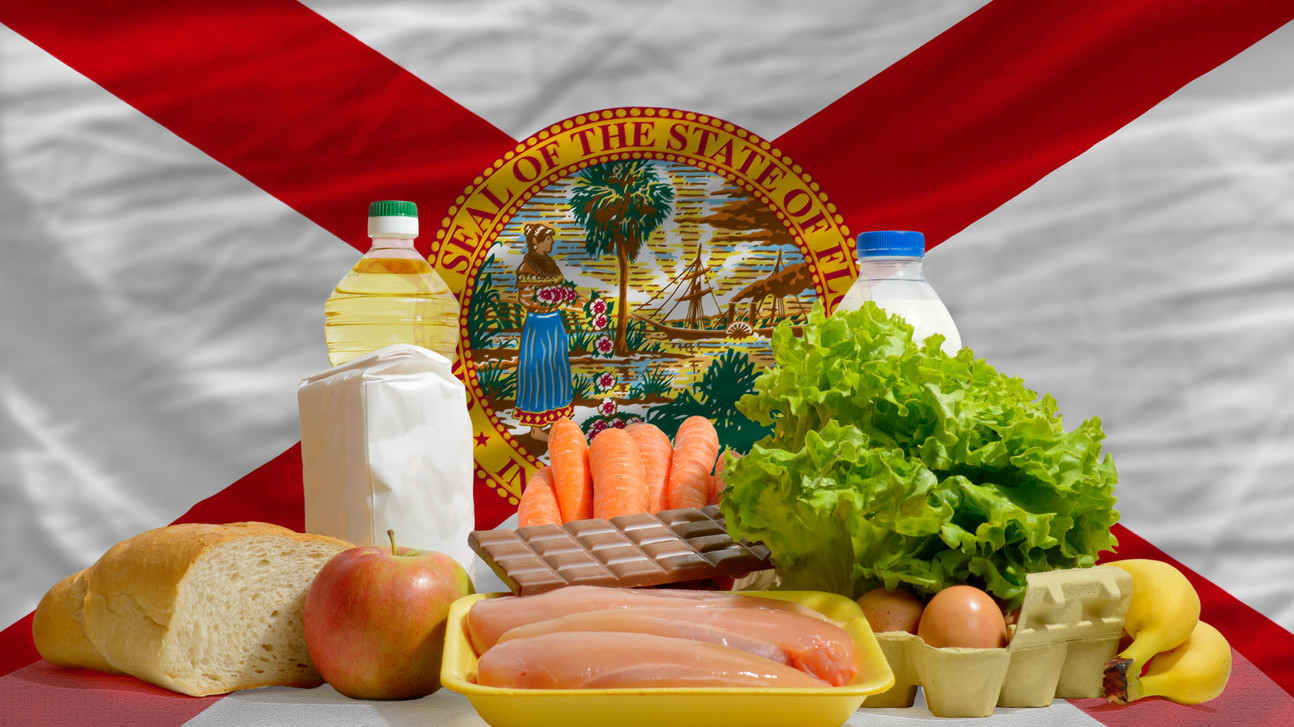Florida Town Loses Its Only Commercial Grocery Store, So It Opens Its Own
Baldwin, Florida, is a tiny town of about 1,400 people sandwiched between Jacksonville and the Osceola swamp. It's near distribution centers for both Winn-Dixie and Walmart, but it's had no commercial grocery store of its own after IGA left town last year. This left residents with a few options: They could shop at the Kwik Mart or Dollar General in town, or they could fight traffic and road construction to get to the nearest supermarkets 10 or 20 miles away. Or they could eat out. None of these were acceptable to Baldwin residents; the average annual income there is $44,271, and many of them are senior citizens on fixed incomes who no longer drive.
And so in September, Baldwin opened its own grocery store in the former IGA space, opened with a $150,000 loan from a reserve fund. The eight employees are all on the municipal payroll. It sells all the basic groceries, plus tomatoes, peanuts, green beans, cabbage, and milk supplied by local farmers.
So far, The Washington Post reports, Baldwin Market has been popular with locals, although there have been complaints that it stocks sugary drinks and cereals and that the prices are higher than Walmart's because the store can't buy stock at as large a scale. (A gallon of milk, for instance, is $3.99.) The store is trying to figure out how to modulate stock and prices; if it can't repay the loan from the reserve fund and turns out to be a financial drain on the town, it will close next year. But the opening was an overwhelming success, The Florida Times-Union reported, and since then the store's been exceeding its goal of taking in $3,500 a day.
Sean Lynch, the town's mayor, rejects the notion that this model is socialism. (Florida, in case you forgot, is a red state, and Baldwin residents voted overwhelmingly Republican in 2016.) "We take the water out of the ground, and we pump it to your house and charge you," he told The Post. "So what's the difference with a grocery store?" Lynch said that he's received phone calls from mayors of other small towns that, like Baldwin, have lost their own commercial supermarkets and want to know if a municipally owned grocery is a viable model. "Should [local governments] be in private enterprise all the time?" Lynch asked. "Maybe not. But for situations like this, yeah, definitely I believe they should."
